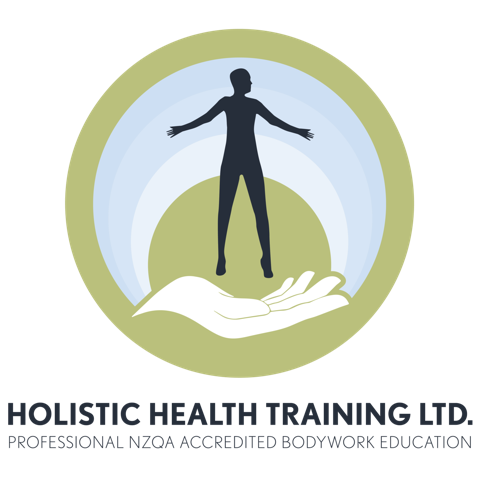
Working as a Massage Therapist in New Zealand.
What do I need in order to practise massage in New Zealand?
Massage therapy is not restricted by law in New Zealand.
This means:
There is no protected title such as “registered massage therapist” under NZ law.
Professional credibility comes through your training, your experience, and how you practise.
Insurance is not legally required, but many practitioners choose to hold professional indemnity and/or public liability insurance for reassurance.
Practitioners cannot be sued, but ACC can investigate if a workplace-related incident causes harm to either you or your client.
All health providers — whether or not they hold formal qualifications or belong to a professional association — are legally obliged to abide by:
The Code of Health and Disability Services Consumers’ Rights (1994).
The Health Practitioners Competence Assurance Act (2003/2004) (HPCAA), where applicable.
The Vulnerable Children Act (2014) if working with people under 18, which restricts individuals with certain serious convictions.
The Health Information Privacy Code 1994.
All complaints against any health provider, either restricted or unrestricted, go in the first instance to the HDC.
Massage Therapy and the HPCAA
The HPCAA separates health services into two categories:
Restricted Activities
These are services where there is a recognised risk of significant harm if unrestricted (e.g., medicine, nursing, dentistry, physiotherapy, osteopathy, chiropractic). Practitioners in this category must belong to an approved organisation with a Quality Assurance Activity (QAA) plan.Unrestricted Activities
Massage therapy falls into this category, where the Ministry of Health recognises that there is little or no risk of “significant harm” to consumers. Practitioners work independently, without mandatory registration.
Key Consumer Rights Relevant to Massage Therapy
Under the Code of Health and Disability Services Consumers’ Rights, all massage practitioners must ensure:
The right to be treated with respect: Massage therapists must treat clients with respect, including respecting their privacy, personal dignity, and cultural values. This includes using appropriate draping techniques to ensure the client's modesty.
The right to freedom from exploitation: This prevents any form of sexual, financial, or other exploitation of a client. The therapeutic relationship must be maintained, and professional boundaries must not be crossed.
The right to an appropriate standard of care: Massage therapists must provide services with reasonable care and skill, and in a way that minimises potential harm and optimises the client's well-being. This includes accurately representing one's qualifications and acting within their scope of practice.
The right to informed consent: Clients must be fully informed about the proposed treatment, including its risks, benefits, and costs, before they can give their consent. This consent is a process of shared decision-making, not just a signature on a form, and can be withdrawn at any time.
The right to effective communication: Therapists must communicate effectively with clients in a way they can understand, providing honest answers to their questions.
Right to privacy and confidentiality: Health information shared during a massage session, including consultation and treatment findings, is confidential and cannot be divulged without the client's consent, except where required by law. Therapists must also respect the client's physical privacy during treatment.
The right to complain: Clients have the right to complain about a service provider and have their complaint addressed fairly and efficiently.
What Qualifications Do I Need?
While no legal requirement exists, holding an NZQA-recognised qualification is strongly recommended. It demonstrates competence, protects client wellbeing, and is often required by employers (e.g., spas, wellness centres, clinics).
Pathways include:
Micro-credentials (Levels 4–5): e.g. Holistic Massage, Deep Tissue Massage, Anatomy & Physiology, Manual Lymphatic Drainage, Holistic Pulsing.
Diplomas (Levels 5–6): e.g. Wellness & Relaxation Massage, Remedial Massage.
Degrees (Level 7): advanced qualifications for those pursuing academic or clinical leadership roles.
These options vary in time, cost, and focus — meaning you can choose the route that suits your life circumstances and professional goals.
Feel free to contact us if you have any further questions about this or any other aspects of massage training in NZ.
